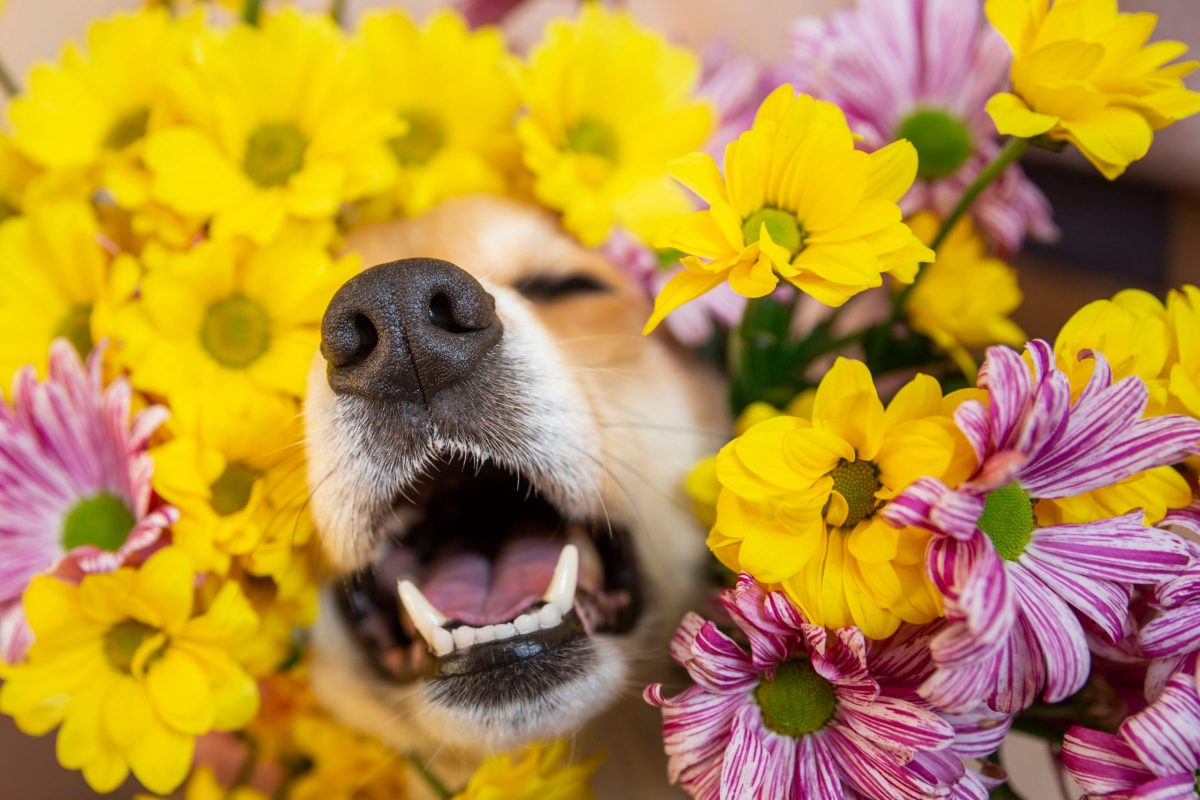
 Shutterstock
Shutterstock
If you’ve ever had a dog nuzzle up to you, you’ve likely noticed that their nose is wet and cool to the touch. While a damp nose is often seen as a sign of a healthy pup, there’s more to this curious characteristic than meets the eye. Dogs’ noses play an essential role in how they navigate and interact with the world, and the moisture on their nose serves multiple critical functions. Dog’s wet nose is much more than just an endearing feature.
Enhancing Their Sense of Smell
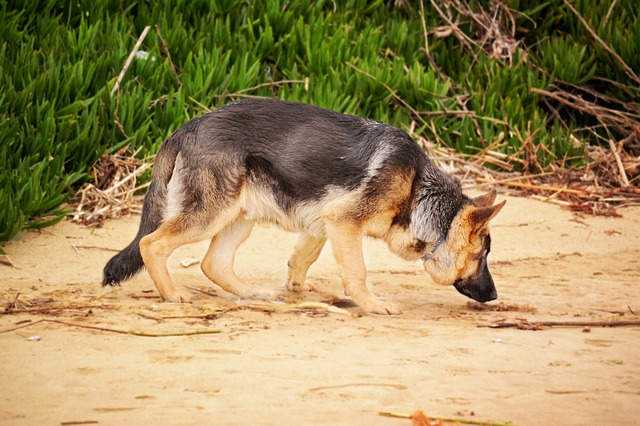 Shutterstock
Shutterstock
Dogs are known for their incredible sense of smell, which is said to be up to 100,000 times more sensitive than that of humans. The moisture on a dog’s nose helps to trap scent particles, making it easier for them to detect and analyze smells in their environment. The thin layer of mucus on their nose works like a magnet for scents, allowing dogs to pick up even the faintest odors. This heightened sense of smell is essential for tasks like tracking, hunting, and even detecting medical conditions in humans. A wet nose is crucial for keeping their olfactory senses sharp and effective.
Cooling Their Bodies
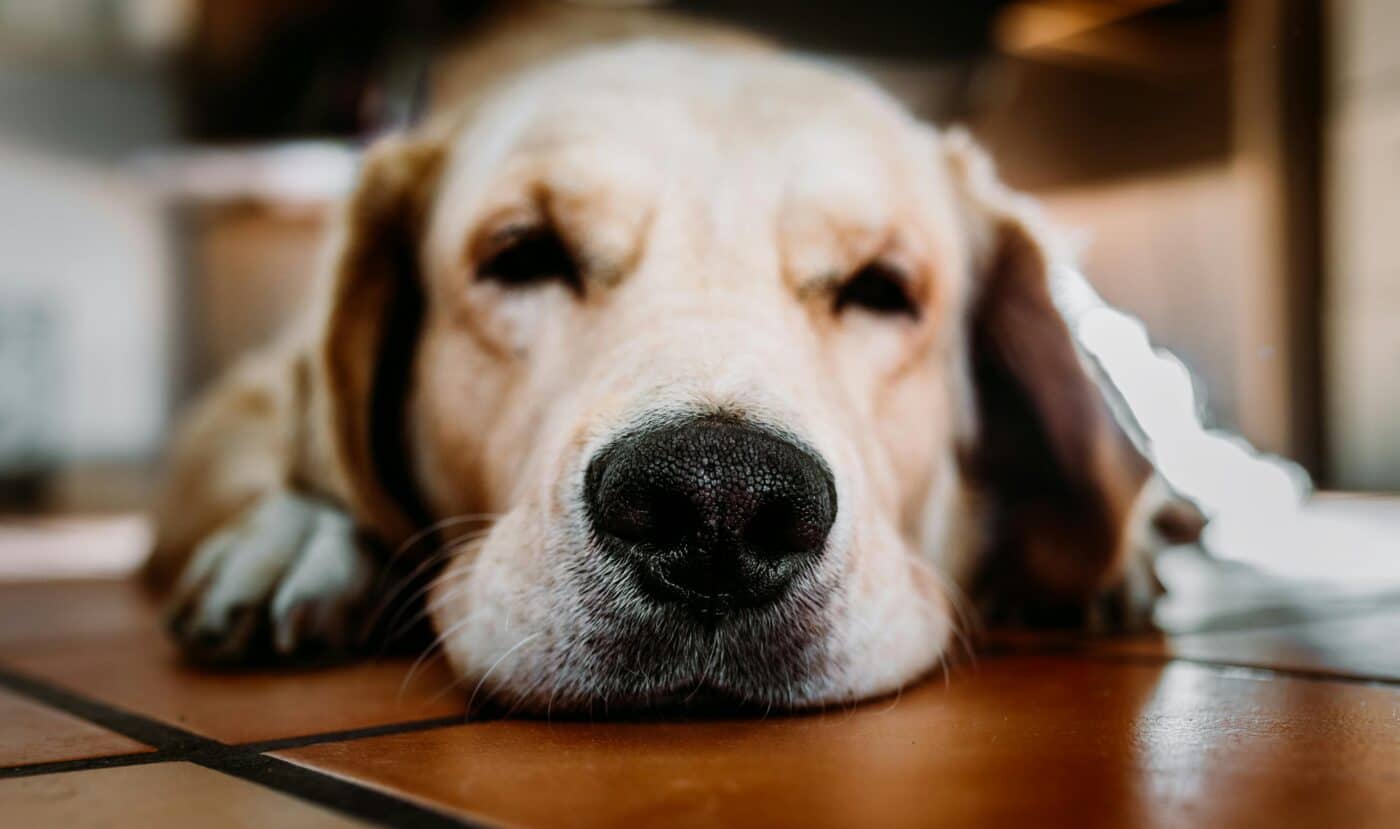 Shutterstock
Shutterstock
Unlike humans, dogs don’t sweat through their skin to cool down. Instead, they rely on panting and the surfaces of their nose and paw pads to release heat. A wet nose helps with this process by allowing moisture to evaporate and cool the dog’s body. When a dog licks their nose, they’re helping to maintain that cooling effect. This ability to regulate body temperature through the nose is particularly useful during hot weather or after vigorous exercise. So, when your dog’s nose is wet, it’s not just a sign of health—it’s also a sign that they’re keeping cool.
Helping with Moisture Retention
 Shutterstock
Shutterstock
Dogs constantly lick their noses, and while this action is partly to keep them clean, it also serves the purpose of retaining moisture. A dry nose can indicate dehydration or illness, so dogs instinctively lick their noses to keep them moist and functional. By maintaining moisture, they ensure that their sense of smell stays in top shape and that their bodies can regulate temperature effectively. This constant licking and wetting of the nose is a self-care ritual that ensures dogs are always ready to sniff out the next adventure.
Communicating with Other Dogs
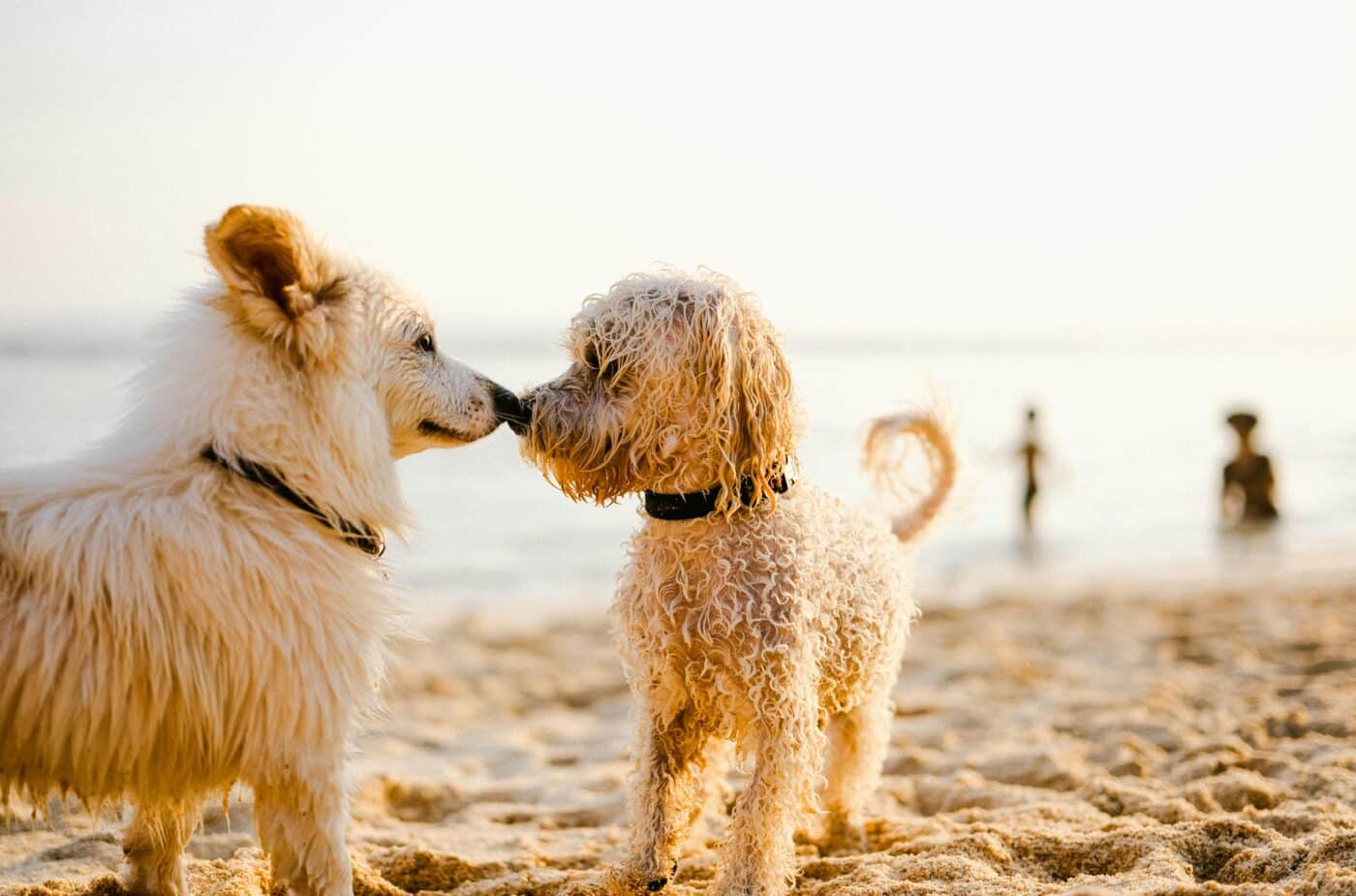 Shutterstock
Shutterstock
Dogs use their noses to communicate with each other in subtle ways. A wet nose can pick up more scent information, which is crucial when dogs greet one another. The moisture on their nose helps them gather data about the other dog’s health, mood, and even diet. When dogs meet, they sniff each other’s noses and other areas as part of their social interaction, and having a wet nose enhances their ability to communicate effectively. In the world of dogs, a wet nose is like a finely tuned antenna for social signals.
Detecting Changes in the Environment
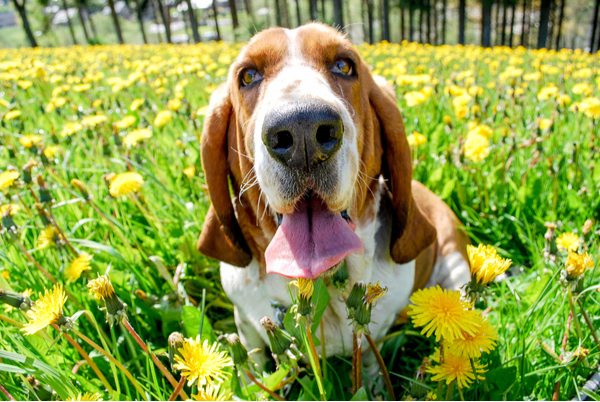 Shutterstock
Shutterstock
A dog’s wet nose isn’t just for sniffing out other dogs—it’s also highly effective at detecting changes in the environment. The moisture on their nose helps them pick up subtle differences in the air, such as shifts in temperature or humidity. This heightened sensitivity can help dogs sense incoming weather changes or track prey during hunting. The wet nose acts like a radar, allowing them to interpret their surroundings with incredible precision. Whether it’s tracking a scent trail or alerting you to a storm on the horizon, a wet nose plays a key role in environmental awareness.
Boosting Their Taste Buds
 Shutterstock
Shutterstock
You might not think of a dog’s nose and taste buds being connected, but they are! The mucus on a dog’s nose not only helps trap scent particles but also absorbs some of them, which the dog can then lick and taste. This combination of smell and taste helps dogs better understand what’s around them. When dogs lick their noses after sniffing something, they’re getting additional information about that scent through taste. This unique system allows dogs to make more sense of the world, using both smell and taste together in ways humans can only imagine.
Aiding in Tracking Prey
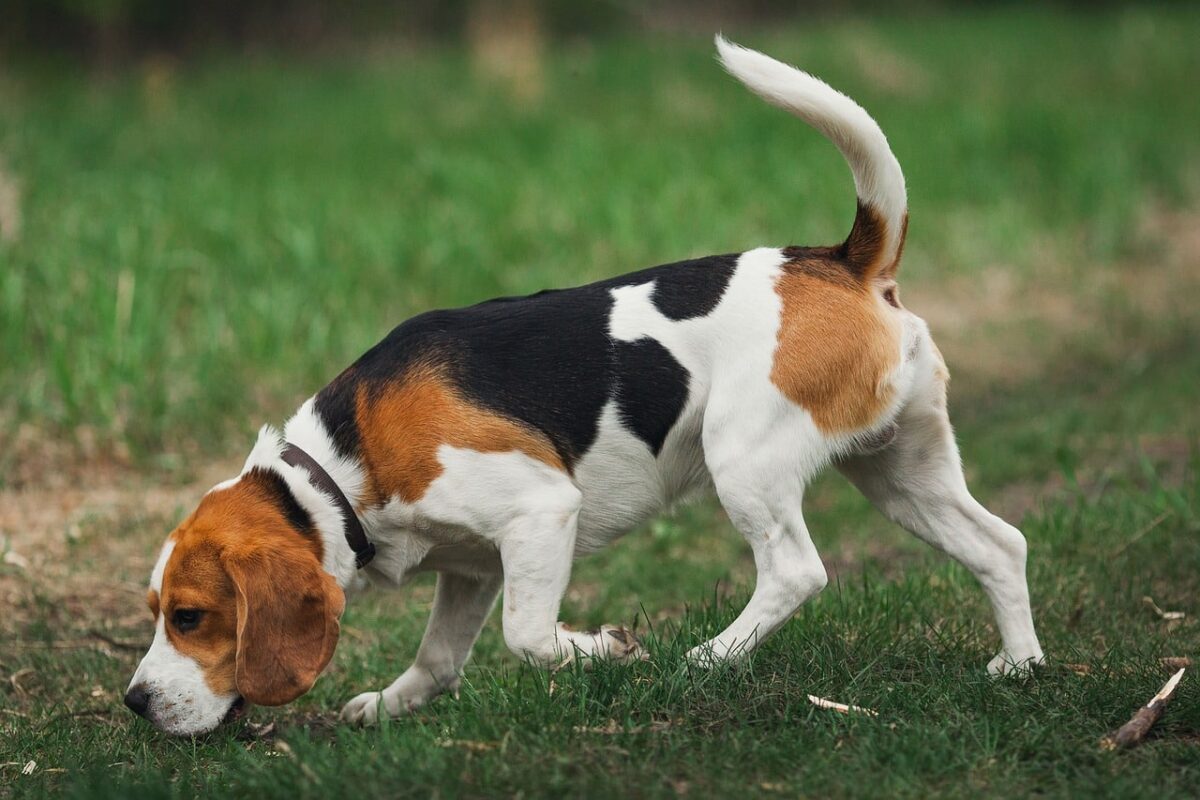 Shutterstock
Shutterstock
In the wild, a dog’s wet nose would be an essential tool for tracking prey. The moisture helps them stay attuned to scent trails left by animals, giving them a better chance of hunting successfully. Even domesticated dogs retain this ability, which is why they excel at activities like search-and-rescue or working with law enforcement to detect drugs or explosives. A dog’s wet nose is a biological tool designed to give them the upper hand when following scent trails, and it’s something they’ve inherited from their wild ancestors.
Signaling Good Health
 Shutterstock
Shutterstock
A wet nose is often seen as a sign of a healthy dog. Veterinarians commonly check a dog’s nose for moisture as part of routine health assessments. While a dry nose doesn’t necessarily mean a dog is sick, a persistently dry nose can indicate dehydration, fever, or other health issues. In contrast, a cool, wet nose suggests that a dog’s body is functioning as it should, with proper hydration and temperature regulation. So when you see that shiny, wet nose, you can often take it as a sign that your dog is feeling good and healthy.
Improving Sensory Input
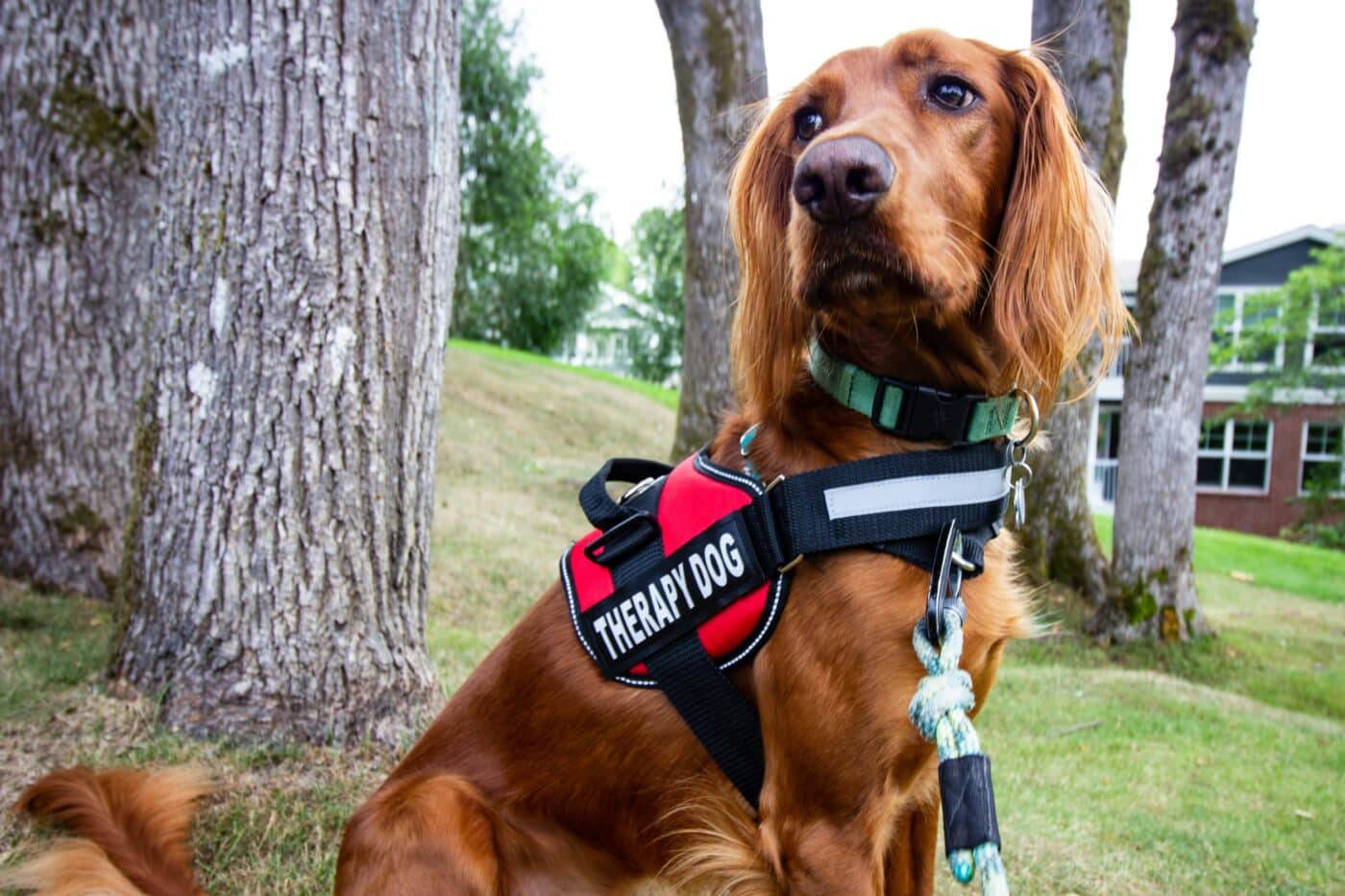 Shutterstock
Shutterstock
Dogs are constantly gathering information from their environment, and their wet noses help amplify their sensory input. The moisture enhances their ability to detect even the smallest changes in their surroundings, whether it’s the smell of food cooking in the kitchen or the scent of another animal passing by. Their sense of smell is directly tied to their survival instincts, and a wet nose ensures that they’re always ready to detect changes in their environment quickly and accurately. This extra boost in sensory input is what makes dogs such effective trackers and companions.
Facilitating Better Sniffing in Water
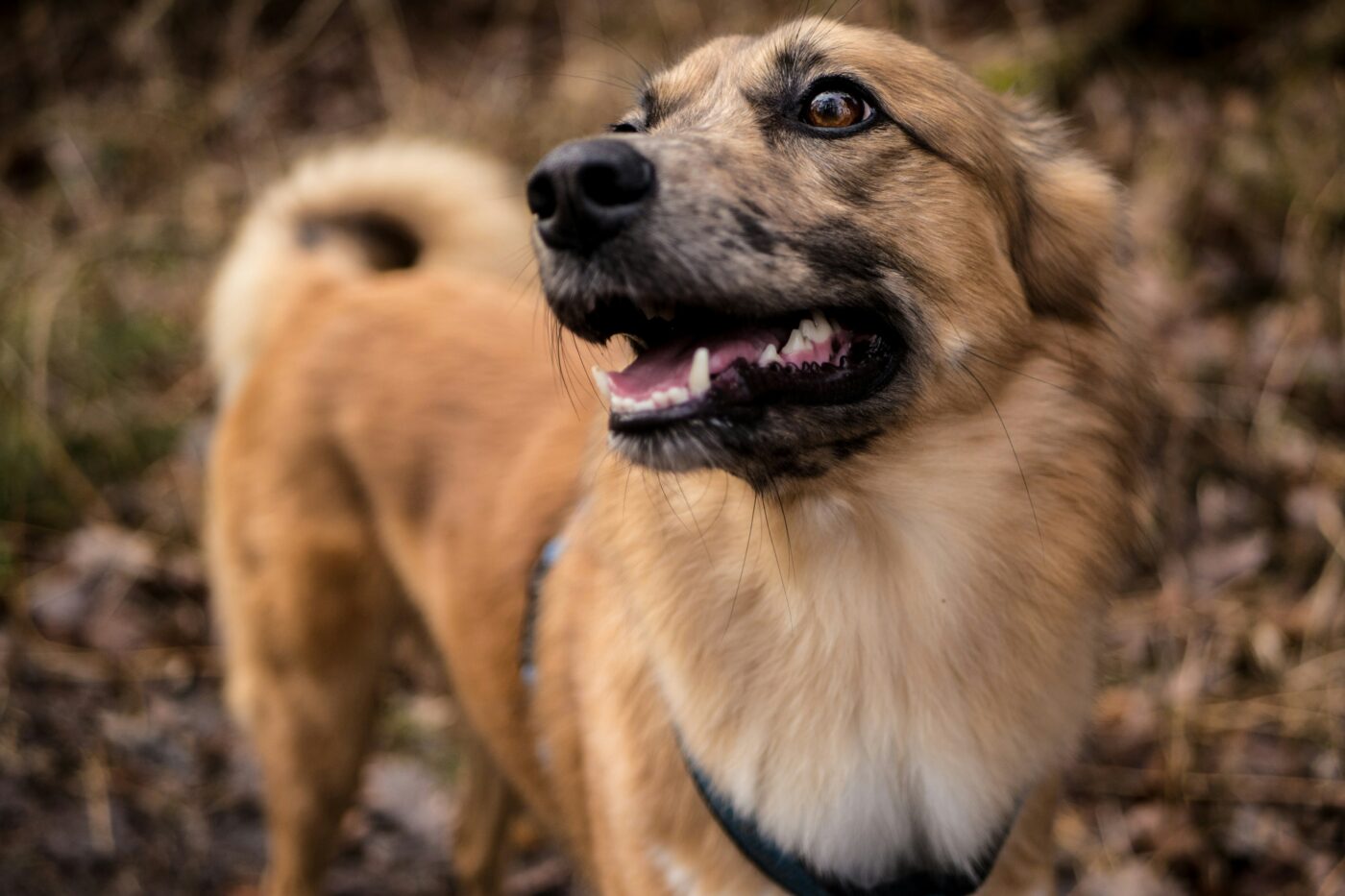 Shutterstock
Shutterstock
Have you ever noticed that your dog’s nose stays wet even when they’re swimming or playing near water? Dogs are excellent at sniffing out scents, even in wet environments. The moisture on their nose helps them pick up and retain scents, allowing them to gather information even in aquatic settings. This is especially useful for breeds that work in water, such as retrievers or water rescue dogs. Their wet noses give them an edge when it comes to locating objects or people in the water, further demonstrating the versatility of this fascinating trait.
Assisting in Digestion
 Shutterstock
Shutterstock
Believe it or not, a dog’s wet nose can also play a role in their digestion. When dogs lick their nose after sniffing something, they activate their salivary glands, which helps with digestion. The process of sniffing and licking is all part of how dogs gather information about food and determine whether something is safe to eat. Their wet nose and licking behavior help trigger their digestive systems, preparing their body for mealtime. This shows how interconnected a dog’s senses are and how something as simple as a wet nose plays multiple roles in their daily life.
It’s Just Plain Cute!
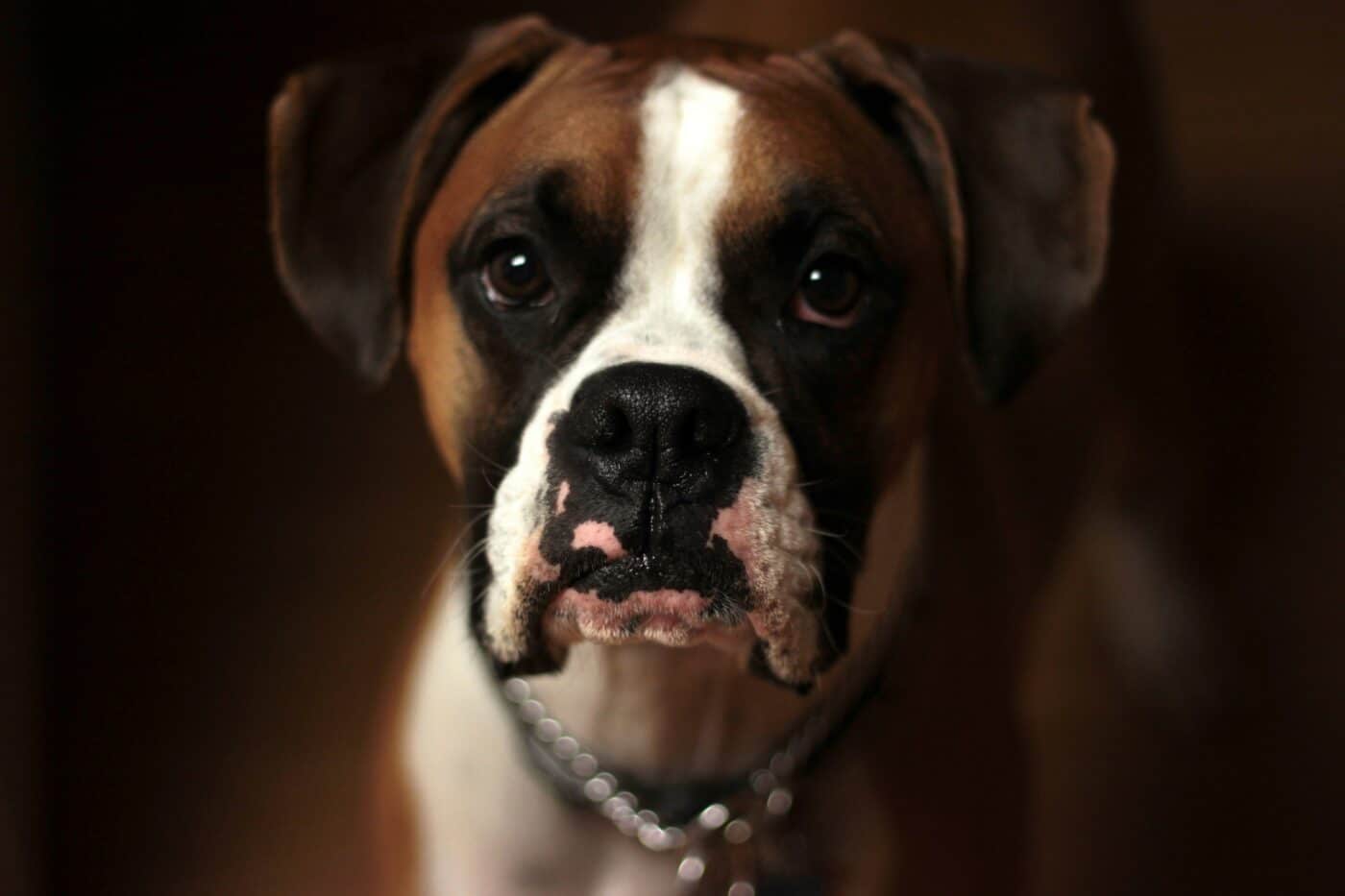 Shutterstock
Shutterstock
Let’s face it—a dog’s wet nose is one of the most endearing things about them! Whether they’re nudging you for attention or sniffing around for something interesting, that cool, damp nose is part of what makes them so lovable. It might seem like a small detail, but a dog’s wet nose is often associated with their playful, curious nature. While there are plenty of scientific reasons behind it, the simple fact is that a wet nose is one of the many charming traits that make dogs such beloved companions.
Wet Nose, Happy Dog—And Maybe Some Damp Pants
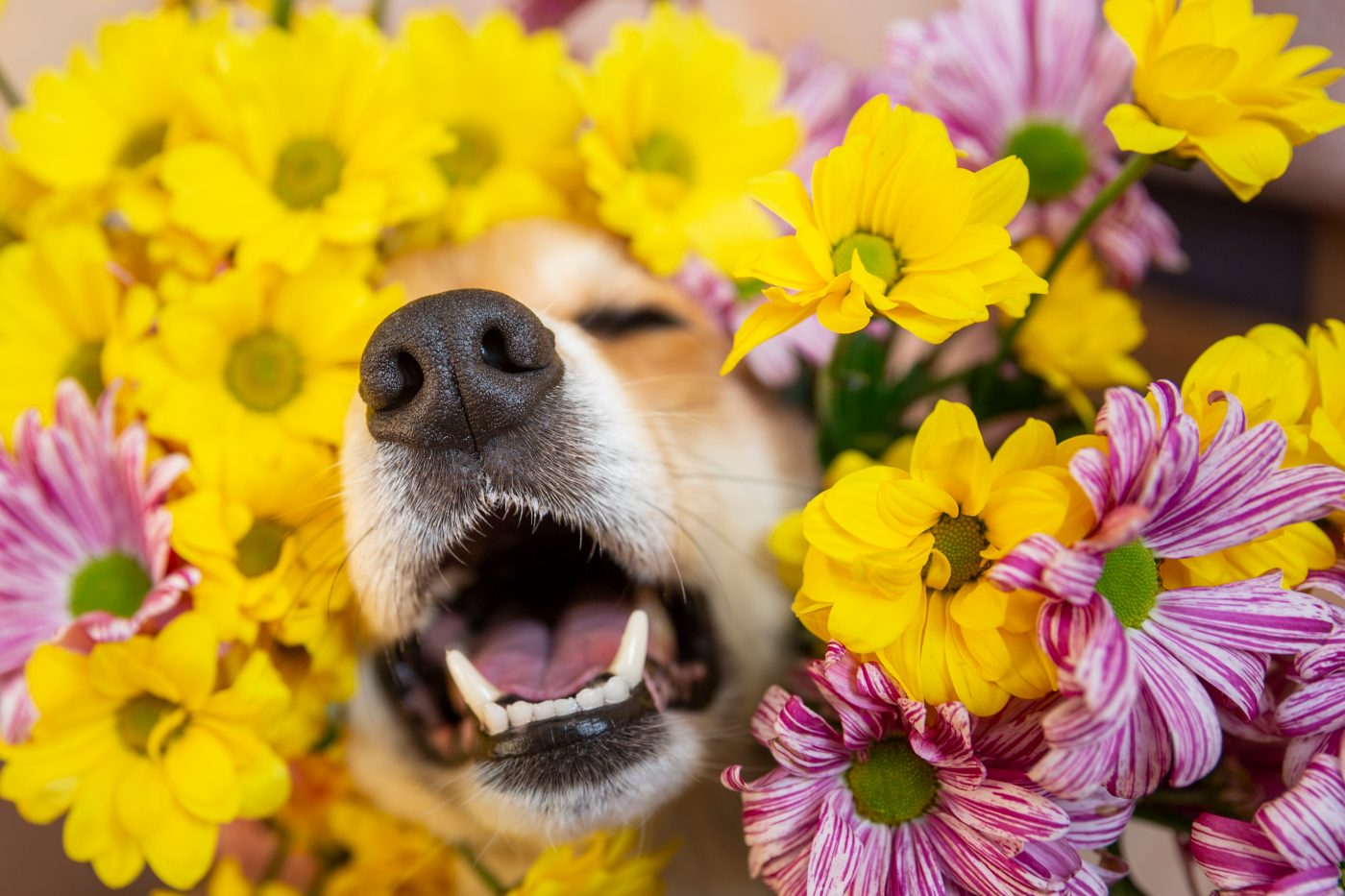 Shutterstock
Shutterstock
Have you ever been minding your own business, only to feel the cool, wet touch of your dog’s nose on your leg? It’s like they have a sixth sense for choosing the exact moment to surprise you with a nose nudge. While your dog’s wet nose has important biological purposes, it also serves as their unofficial way of saying, “I’m here, and I love you!” Sure, it might leave your pants a bit damp, but that wet nose is just another reminder of the joy they bring into our lives!

